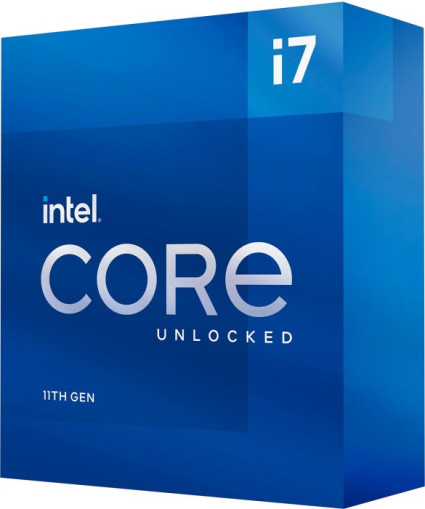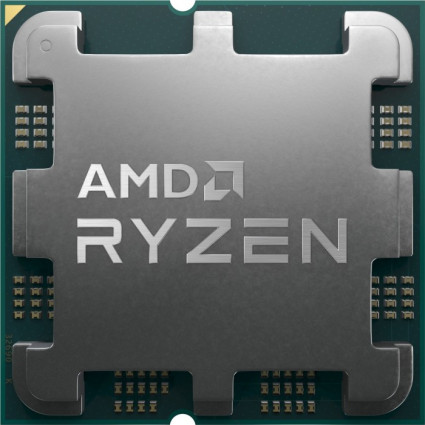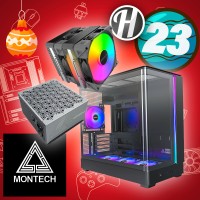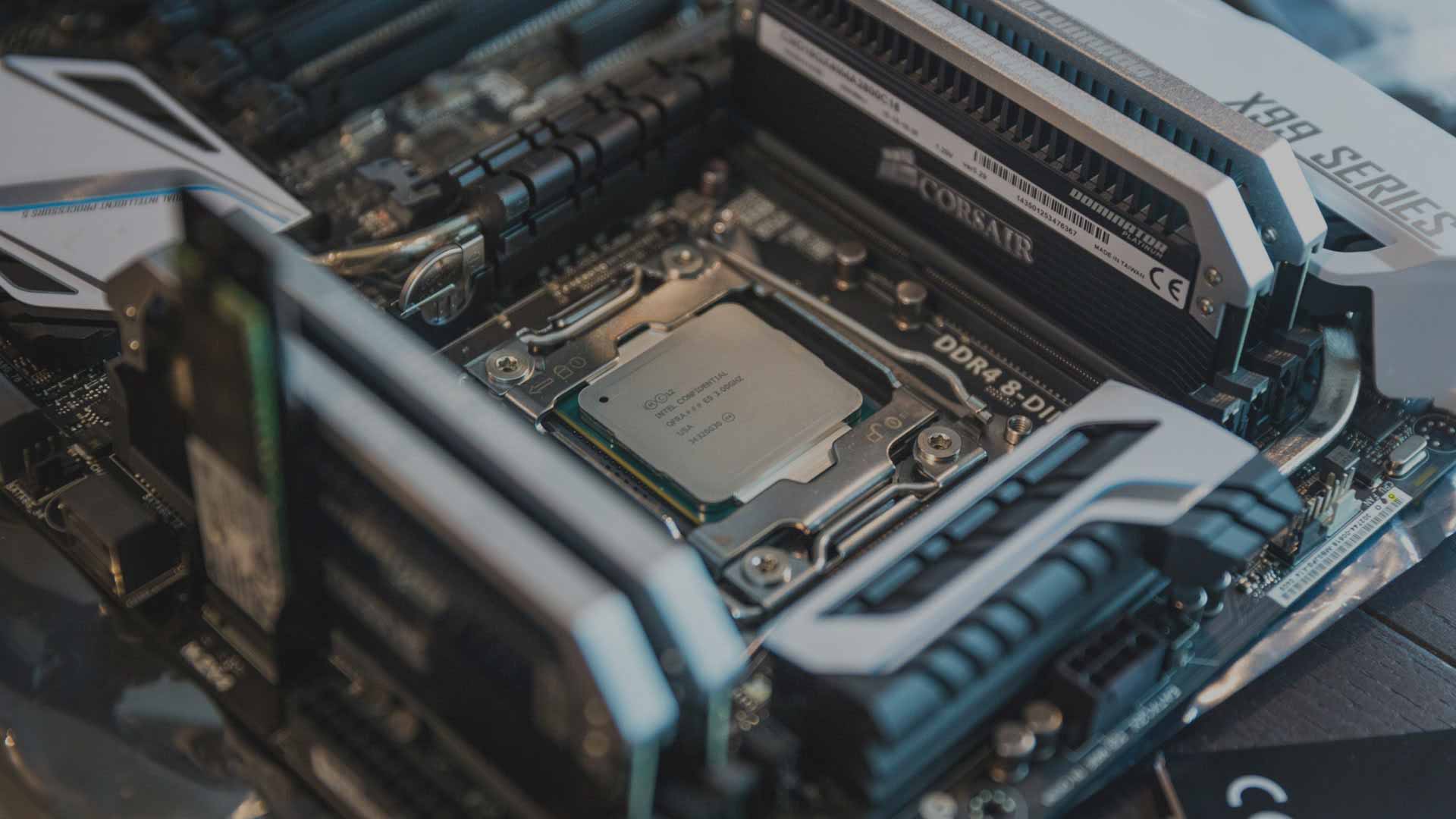
Intel Core i7-11700K vs. AMD Ryzen 5 7500F
In diesem Vergleich von Intel Core i7-11700K versus AMD Ryzen 5 7500F vergleichen wir die technischen Daten der beiden CPUs. Welcher Prozessor ist schneller? Hier gibt es FPS & Benchmarks in Gaming und Anwendungen.
Hinweis: Unsere Links sind Affiliate Links. Wir erhalten beim Kauf eine kleine Provision, ohne dass sich euer Preis erhöht.

Allgemeine Informationen
| Günstigster Preis |
|
|
| Serie | Intel Core i-11000 | AMD Ryzen 7000 |
| Chip-Architektur | Cypress Cove | Zen 4 |
| Codename | Rocket Lake-S | Raphael |
| Produktname | Intel Core i7-11700K | AMD Ryzen 5 7500F |
Spezifikationen
Die Anzahl der Rechenkerne, die maximale Taktrate und die Größe des Cache können sich auf die Leistung in Spielen und Anwendungen auswirken. Mit 8 Kernen bietet der Intel Core i7-11700K deutlich mehr Kerne als der AMD Ryzen 5 7500F mit 6 Rechenkernen. Der maximale Takt liegt beim Intel Core i7-11700K mit 5.00 GHz identisch zum AMD Ryzen 5 7500F mit 5.00 GHz. Der Cache ist beim Intel Core i7-11700K mit 4 MB L2-Cache + 16 MB L3-Cache zu 6 MB L2-Cache + 32 MB L3-Cache deutlich kleiner als beim AMD Ryzen 5 7500F.
| Kerne (Gesamt) | 8 | 6 |
| Threads | 16 | 12 |
| Anzahl P-Cores | 8C | 6C |
| Anzahl E-Cores | - | - |
| Basis-Takt | 3.60 GHz | 3.70 GHz |
| Takt P-Cores | 3.60 GHz | 3.70 GHz |
| Takt E-Cores | - | - |
| Turbo-Takt | 5.00 (Turbo Boost Max 3.0) GHz | 5.00 GHz |
| Turbo P-Cores | 5.00 (Turbo Boost Max 3.0) GHz | 5.00 GHz |
| Turbo E-Cores | - | - |
| Gesamter L2-Cache | 4 MB | 6 MB |
| Gesamter L3-Cache | 16 MB | 32 MB |
| Fertigung | Intel 14 nm+++ | TSMC 5 nm (CPU), TSMC 6 nm (I/O) |
| Rechenleistung | - | - |
| Leistungsaufnahme (TDP) | 125W 95W cTDP-down (3.10GHz) |
65W |
Mainboard-Kompatibilität
Während der Intel Core i7-11700K den Intel 1200 Sockel nutzt, ist der AMD Ryzen 5 7500F mit Mainboards für den Sockel AMD AM5 kompatibel. Die genaue Chipsatz-Eignung und die unterstützten PCIe-Lanes können Sie der Tabelle entnehmen.
| Sockel | Intel 1200 | AMD AM5 |
| Chipsatz-Eignung | B560, H470, H510, H570, Q470, W480, W580, Z490, Z590 | A620, B650, B650E, B840, B850, X670, X670E, X870, X870E (modellabhängig: PRO 600, PRO 665, X600) |
| PCIe-3.0-Lanes | - | - |
| PCIe-4.0-Lanes | 20x | - |
| PCIe-5.0-Lanes | - | 28x (verfügbar: 24) |
RAM-Kompatibilität
Während Sie beim Intel Core i7-11700K bis zu 128 GB vom Typ DDR4 im Dual Channel verbauen können, unterstützt der AMD Ryzen 5 7500F bis zu 192 GB DDR5 Arbeitsspeicher.
| Speicher-Controller | DDR4 | DDR5 |
| Anzahl Speicherkanäle | Dual Channel | Dual Channel |
| max. Speichermenge | 128 GB | 192 GB |
| ECC-Unterstützung | - | ✓ |
Grafik
| iGPU | ✓ | - |
| iGPU-Modell | Intel UHD Graphics 750 | - |
| iGPU-Takt | 0,35-1,30GHz | - |
| iGPU-Einheiten | 2Xe/32EU/256SP | - |
| iGPU-Rechenleistung | 0.67 TFLOPS (FP32) | - |
| iGPU-Architektur | Xe-LP / Gen 12.1, Codename "Rocket Lake GT1" | - |
| iGPU-Interface | DP 1.4a (5120x3200@60Hz), eDP 1.4a (5120x3200@60Hz), HDMI 2.0b (4096x2160@60Hz) | - |
| iGPU-Funktionen | 3x Display Support, Intel Clear Video HD, Intel InTru 3D, Intel Quick Sync Video, AV1 decode, H.265 encode/decode, VP9 encode/decode, HDCP 2.3, DirectX 12.1, OpenGL 4.5, OpenCL 3.0, Vulkan 1.0, max. 64GB iGPU-Speicher | - |
Sonstiges
| Freier Multiplikator | ✓ | ✓ |
| Stepping | B0, Spec Code: SRKNL | RPL-B2 |
| Heatspreader-Kontaktmittel | Metall/verlötet | Metall/verlötet |
| Temparatur max. | 100°C (Tjunction) | 95°C (Tjmax) |
| Fernwartung | ✓ (Intel vPro) | - |
| Einführung | 2021/Q1 (30.3.2021) | 2023/Q3 (22.7.2023) |
| Herstellergarantie | 3 Jahre bei Intel® Boxed-Prozessoren (Info DE/Info EN) | N/A (keine direkte Garantieleistung bei AMD® Tray-Prozessoren, Info EN) |
CPU-Funktionen
| AES-NI | ✓ | ✓ |
| AVX | ✓ | ✓ |
| AVX2 | ✓ | ✓ |
| Boot Guard | ✓ | - |
| CET | - | - |
| DL Boost | ✓ | - |
| EIST | ✓ | - |
| GNA 3.0 | - | - |
| Idle States | ✓ | - |
| Instruction Set | ✓ | - |
| ISM | - | - |
| MBEC | - | - |
| Optane Memory Support | ✓ | - |
| OS Guard | ✓ | - |
| Secure Key | ✓ | - |
| Speed Shift | - | - |
| SSE4.1 | ✓ | ✓ |
| SSE4.2 | ✓ | ✓ |
| Thermal Monitoring | ✓ | - |
| VMD | - | - |
| VT-d | ✓ | - |
| VT-x | ✓ | - |
| VT-x EPT | ✓ | - |
| XD Bit | ✓ | - |
Spiele
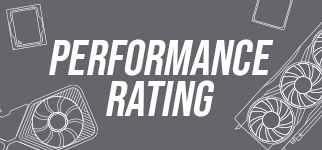
- AMD Ryzen 5 7500FAVG109.88 %1%104.42 %
- Intel Core i7-11700KAVG100.00 %1%100.00 %

- Intel Core i7-11700KAVG179.7 FPS1%120.5 FPS
- AMD Ryzen 5 7500FAVG189.4 FPS1%138.8 FPS
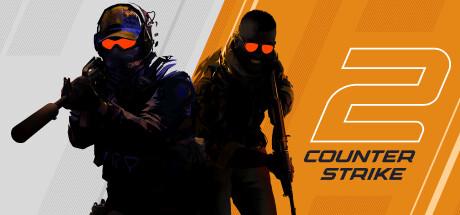
- Intel Core i7-11700KAVG451.8 FPS1%264.5 FPS
- AMD Ryzen 5 7500FAVG603.8 FPS1%295.5 FPS

- Intel Core i7-11700KAVG140.2 FPS1%87.3 FPS
- AMD Ryzen 5 7500FAVG158.8 FPS1%91.8 FPS

- Intel Core i7-11700KAVG181.5 FPS1%133.5 FPS
- AMD Ryzen 5 7500FAVG177.9 FPS1%126.2 FPS

- Intel Core i7-11700KAVG126.8 FPS1%88.7 FPS
- AMD Ryzen 5 7500FAVG122.5 FPS1%80.2 FPS

- Intel Core i7-11700KAVG207.8 FPS1%131.1 FPS
- AMD Ryzen 5 7500FAVG235.1 FPS1%134.4 FPS

- Intel Core i7-11700KAVG70.5 FPS1%46.9 FPS
- AMD Ryzen 5 7500FAVG72 FPS1%55.3 FPS
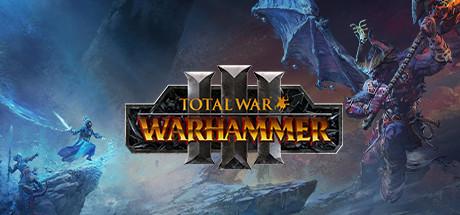
- Intel Core i7-11700KAVG186.3 FPS1%110.7 FPS
- AMD Ryzen 5 7500FAVG217.7 FPS1%108.4 FPS

- AMD Ryzen 5 7500FAVG1.78 FPSIntel Core i7-11700KAVG0.62 FPS

- AMD Ryzen 5 7500FAVG3.58 FPSIntel Core i7-11700KAVG1.98 FPS
Produktivität
Produktivität

- AMD Ryzen 5 7500FAVG108.86 %Intel Core i7-11700KAVG100.00 %

- AMD Ryzen 5 7500FPKT93450 PunkteIntel Core i7-11700KPKT88592 Punkte

- AMD Ryzen 5 7500FPKT1299 PunkteIntel Core i7-11700KPKT1106 Punkte

- AMD Ryzen 5 7500FPKT755 PunkteIntel Core i7-11700KPKT713 Punkte
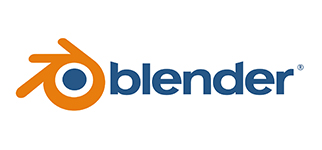
- AMD Ryzen 5 7500FSEK399 SekundenIntel Core i7-11700KSEK400 Sekunden

- AMD Ryzen 5 7500FPKT788 PunkteIntel Core i7-11700KPKT767 Punkte

- AMD Ryzen 5 7500FPKT2690 PunkteIntel Core i7-11700KPKT2533 Punkte

- AMD Ryzen 5 7500FPKT12579 PunkteIntel Core i7-11700KPKT11337 Punkte

- AMD Ryzen 5 7500FSEK93 SekundenIntel Core i7-11700KSEK99 Sekunden
